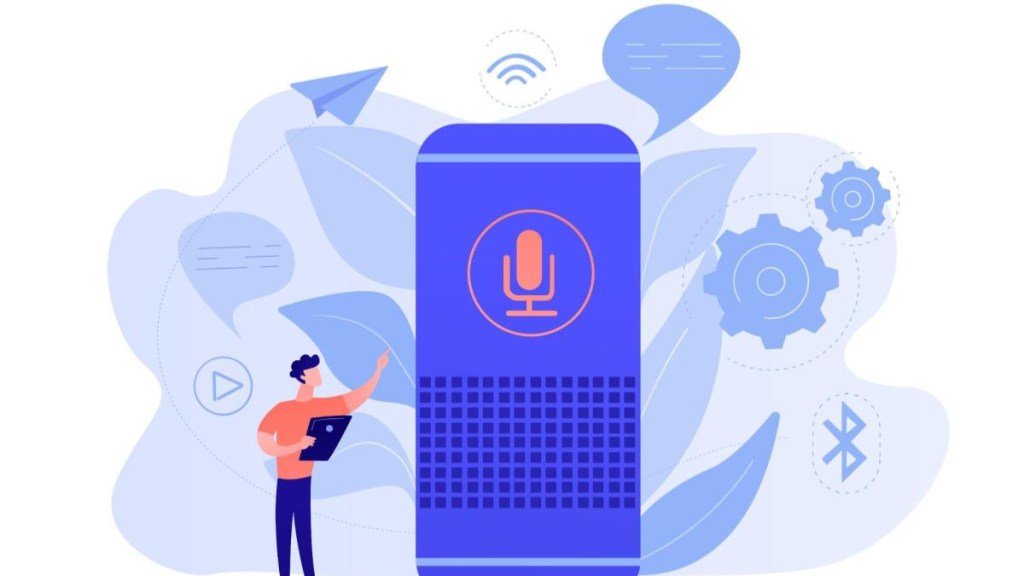By Dilip RS
Voice technology has come a long way in recent years and its impact cannot be overstated, especially in the learning space. The voice recognition market in India is expected to grow from $440.3 million in 2015 to reach $1.99 billion by 2022. Having said that, the adoption of voice technology is currently at a nascent stage. Many people are yet not familiar with the concept of voice assistants or how it can be integrated into people’s daily lives. To address these gaps, innovative initiatives are being undertaken to educate people about the benefits of voice technology, especially in education.
As remote learning becomes more prevalent, especially in areas where access to traditional methods is limited, innovation in voice technology can help reshape education. By integrating voice assistants in classrooms, teachers can make learning more interactive and engaging for students. For instance, the district administration in Bastar, Chhattisgarh, is conducting workshops and training sessions to familiarise teachers and students with voice technology- to drive adoption and to create a more inclusive digital ecosystem.
According to feedback from teachers, integration of voice assistance in the education sector encourages increased attendance and active engagement among students, fostering a greater enthusiasm for learning. Additionally, it can provide personalised learning experiences, which can help students learn at their own pace. Thanks to the rapid growth of the digital economy, smartphones, and internet penetration, there is now a pool of opportunities for voice technology created in the rural areas.
With voice technology, students can also learn in Hindi language and interact with the technology more naturally, making learning more inclusive.
The ease of using smart speakers and AI services with just voice commands has transformed the way we interact with technology, making it more convenient, accessible and user-friendly for people of all ages and abilities. Voice technology also has the potential to assist individuals with learning disabilities by enabling them to learn at a comfortable pace, replay information as many times as necessary, and ask numerous questions to enhance their understanding.
For students, who are visually impaired or have mobility issues, using voice commands can be an easier and more efficient way to interact with technology making them more independent. Voice assistants can be used to narrate educational materials or answer questions, making it easier for students with disabilities to participate in online learning.
To sum up, voice technology is a game changer for both the students and the educators in rural India. It can increase accessibility, improve learning outcomes, and enhance the overall educational experience. As the technology continues to evolve, we should expect even more innovative applications of voice technology in the educational sector, further transforming the future of rural education.
The writer is country manager, Alexa India.
Disclaimer: Views expressed are personal and do not reflect the official position or policy of Financial Express Online. Reproducing this content without permission is prohibited.








